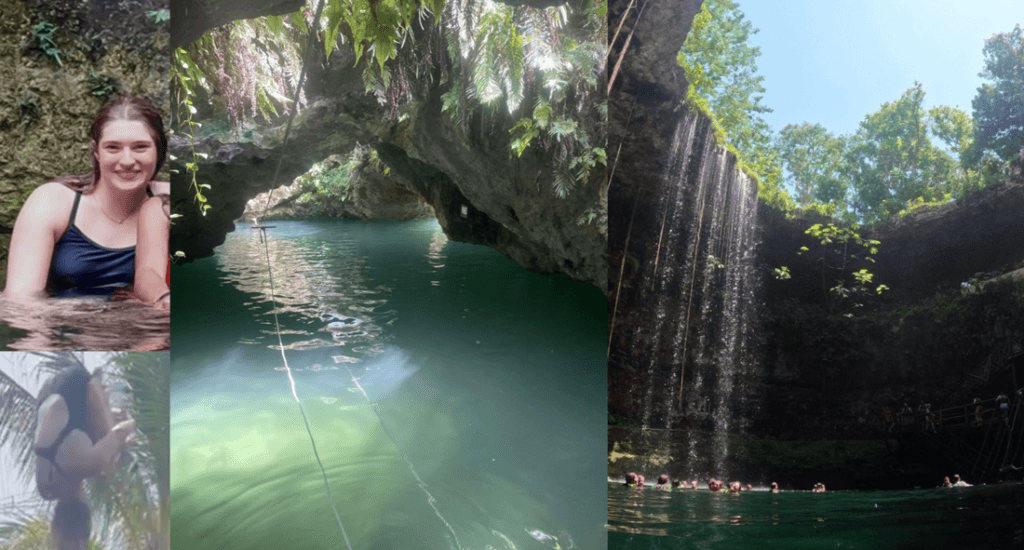
Conservation vacation: Exploring mindful tourism
Conservation vacation: Exploring mindful tourism https://www.globalclimatefinanceaccelerator.com/wp-content/uploads/2024/08/mindful-1024x550.png 1024 550 Global Climate Finance Accelerator Global Climate Finance Accelerator https://www.globalclimatefinanceaccelerator.com/wp-content/uploads/2024/08/mindful-1024x550.pngI am very grateful to have had learning and growth opportunities embedded in many of my vacations. From a week-long marine science camp at Clearwater Marine Aquarium built into a family trip to Florida, to a language and culture immersive experience in Italy and France during our school spring break as part of a language certificate program, I’ve been able to use my vacation time not only for rest and relaxation but also for enrichment and personal development. I hope as I advance my studies and eventually join the workforce that I will always approach vacations as an extension of life rather than a break from it.
Travelling to new places offers one the chance to blend enjoyment and education. By approaching ocean-based activities with curiosity and a sense of responsibility, tourists can turn their vacations into experiences that deepen their connection to the ocean and inspire them to advocate for its protection.
This advocacy is urgent. Life on earth cannot be sustained without the ocean. The ocean cannot be sustained unless we allow it to thrive undisrupted. Disruption to the ocean may be caused by a wide variety of factors, though two of the most prevalent are tourism and lack of education, which often go hand in hand. Tourists treading on corals, littering, and poking at fearful creatures is too often the norm rather than the exception.
There are myriad activities that will deepen our understanding of the ocean’s impact on our lives and the importance of its conservation. Visit designated Marine Protected Areas to learn more about how these areas are governed – and why – so you can apply this knowledge on your own. Find snorkelling trips that are led by marine biologists or, at a minimum, certified sustainable excursions.
Many coastal destinations offer opportunities for tourists to contribute to scientific research through citizen science programs. Activities include recording data on marine species, participating in beach cleanups, and helping with coral restoration projects. Engaging with local coastal communities provides insights into how the ocean influences daily life, from food and livelihood to cultural practices. It also can highlight the interconnectedness of human and ocean health, as well as the challenges these communities face due to climate change and pollution.
Although my marine conservation experience included some hard work, it did not exempt us volunteers from having fun! While exploring iconic Mexican landmarks such as the Mayan ruins and cenotes, our group learned how tourism can be both eco-friendly and exhilarating. Being mindful of one’s own impact on the environment includes using reef-safe sunscreens, avoiding single-use plastics, respecting wildlife, and choosing tour operators that follow sustainable practices.
My biggest take-away from this experience is that there are numerous strategies to sustain industry without sacrificing vital ecosystems or our own mental and physical health as the cost of progress. I, like many of my fellow students, aspire to a life where my work and vacation blend seamlessly, where I can be both productive and relaxed.
Check out our fun photos and videos on Instagram @globalclimfin.
Nicole Zavagno is going into her final year of high school in Toronto, after which she aspires to study marine biology at one of Canada’s coastal universities. She is a PADI open water certified diver and training to be a lifeguard.
